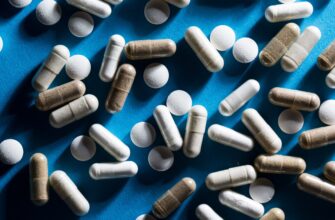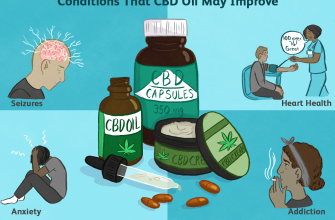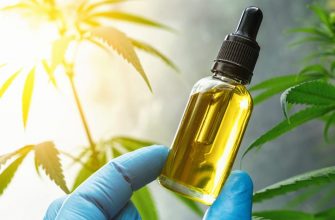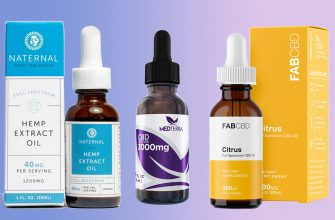Decarboxylation is a mechanism that activates chemical changes in cannabis compounds. In unscientific terms, it means heating or drying raw hemp extracts.
Decarboxylating (heating) hemp, at lower heating temperatures, converts many cannabinoid acids into other cannabinoids – for example, CBDa is converted to CBD using a gentle heating method.
This process makes compounds such as cannabidiol more receptive to the body; however, if done incorrectly, the thermal decarboxylation process can damage the compounds found in the plant.
Hemp / decarboxylic hemp oil essentially means that the raw hemp extract has been heated so that CBD (becomes the main cannabinoid in hemp extract.
What is Unprocessed CBD Oil Really?
Untreated CBD oil means that the hemp extracts used to make the oil have not been exposed to any kind of stress (such as heat). This suggests that cannabinoid acids such as CBDa, trace minerals and terpenes have not been destroyed.
Extraction methods such as CO2 remove a variety of plant compounds while maintaining the purity of the raw extract obtained from the plant. When the untreated oil is filtered but not decarbed, the cannabinoid acids (CBDa) remain intact.
About CBDa (cannabidiolic acid)
CBDa and THCa are the most common naturally occurring types of CBD and THC. Pure THCa is non-psychoactive. To become psychoactive, it must be heated to form THC (tetrahydrocannabinol). TCBD believes oils containing cannabidiolic acid are more effective than oils containing cannabidiol alone.
Still have questions about how cannabidiol works? To find out more, visit our page.
How effective is CBD?







